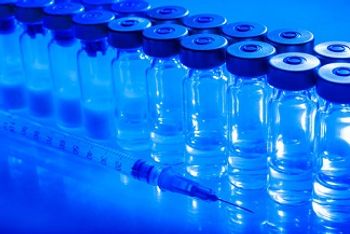
Heat Biologics CEO Jeff Wolf talks with Contagion about the firm's effort to develop a vaccine for the coronavirus which can potentially be administered for some seniors by taking advantage of prior immune mechanisms.

Heat Biologics CEO Jeff Wolf talks with Contagion about the firm's effort to develop a vaccine for the coronavirus which can potentially be administered for some seniors by taking advantage of prior immune mechanisms.
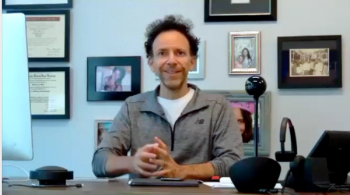
One effort to develop a SARS-CoV-2 vaccine focuses on combining antibody and T cell immunity, using a gp96 protein based technology.
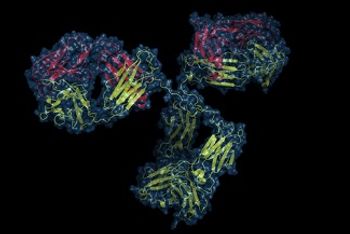
John F. Kokai-Kun, PhD, Director of External Scientific Collaboration at USP, discusses the recent report of SARS-CoV-2 reinfection.
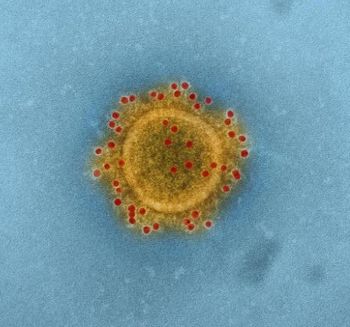
John F. Kokai-Kun, PhD, Director of External Scientific Collaboration at US Pharmacopeia, explains the fundamentals of convalescent plasma treatment for COVID-19.
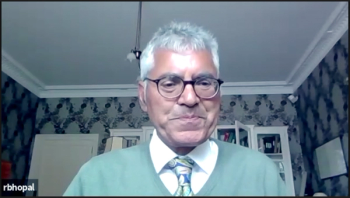
Bhopal’s recent article, COVID-19 Zugzwang, was published in Public Health in Practice.

John F. Kokai-Kun, PhD, explains the supply chain and logistical issues limiting the scale of monoclonal antibody treatment.
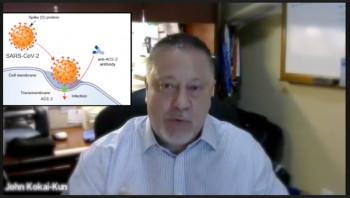
John F. Kokai-Kun, PhD, Director of External Scientific Collaboration at US Pharmacopeia, explains the fundamentals of monoclonal antibody treatment.
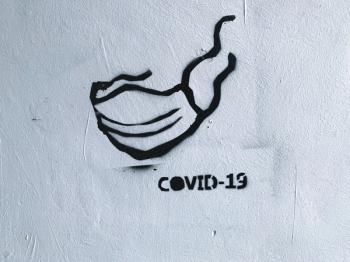
Martin Kulldorff, PhD, explains that masks can't replace social distancing for those at highest risk for severe COVID-19.
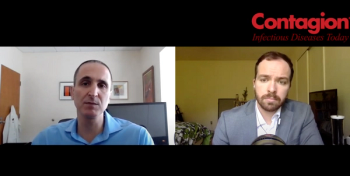
Brad Spellberg, MD, explains how real progress can be made to a debted system with worsened rates of user health.
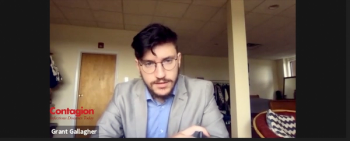
Martin Kulldorff, PhD, answers whether an age based coronavirus strategy would worsen the pandemic's impact on workers and minority racial groups.
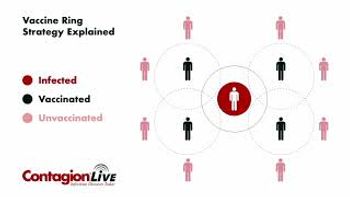
John Johnson, lead for Ebola vaccination with MSF France, describes the "ring strategy" used in controlling several infectious disease threats.
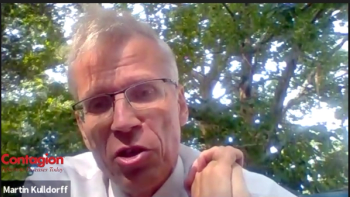
Martin Kulldorff, PhD, takes a total social health perspective on the global use of mass quarantines as a primary COVID-19 control strategy.
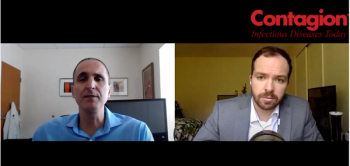
Brad Spellberg, MD, discusses how the subspecialty lost "ownership" of its opportunities for pattented prescribing and referral years ago.
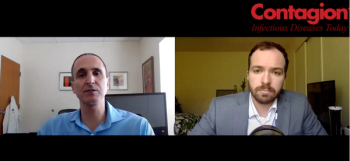
An infectious disease chief medical officer discusses the cracks in US healthcare exposed by the pandemic.

Martin Kulldorff, PhD, explains the standard Sweden uses to collect data on the country's seemingly high COVID-19 mortality.
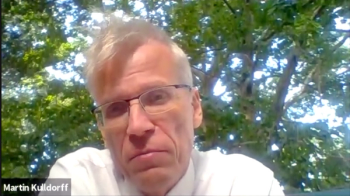
Martin Kulldorff, PhD, explains how an age-based focus for COVID-19 mitigation might better protect both older people and younger people with comorbidities.
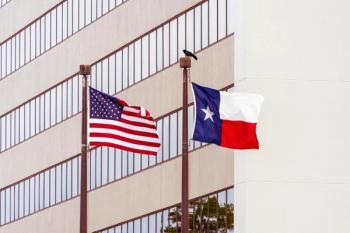
Rodney E. Rohde, a clinical laboratory specialist at Texas State University, goes into the competing priorities of college and K-12 school reopening.

Scientists are willing to speak out and have collegial debates – but medical institutions and media have to catch up: fringe voices are often the only ones platformed to discuss important scientific nuances or debates.
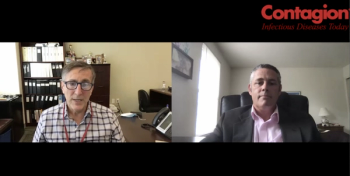
In unexposed blood samples, investigators discovered memory helper T cells that recognize cold coronaviruses also recognized SARS-CoV-2, and may help people fight off the virus.

A University of Maryland Professor of Pathology explains that SARS-CoV-2 has unique ways of evading detection.
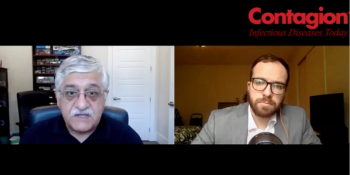
Pediatricians agree schools are critical for child development and mental health. But their safety from the pandemic cannot be comprised for it.
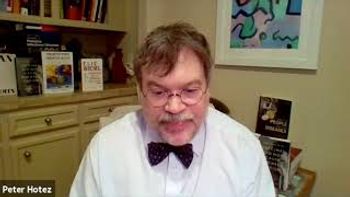
Citing the rise of the anti-vaccine movement, Peter Hotez, MD, PhD, explains the role scientists can play in building trust and literacy by engaging the public.
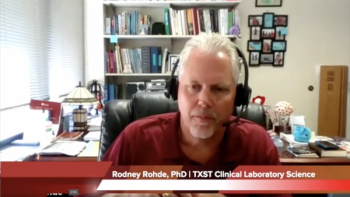
Rodney E. Rohde, PhD, a clinical laboratory scientist, helps break down how carefully EUA releases need to be read in order for the public and for scientists from other fields to parse them for useful information.
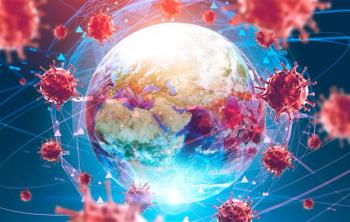
The ideal time to act on COVID-19 was in January, says public health expert Raj Bhopal.
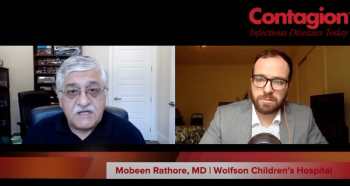
July ended with nearly 100,000 new cases among children in the US. What does that mean for public and school reopenings?
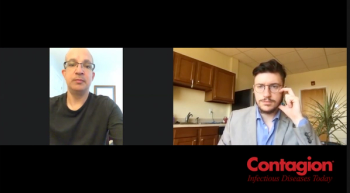
Armand Balboni, MD, PhD, discusses progress toward FDA authorization and/or approval of favipiravir for COVID-19 as a prophylactic measure.
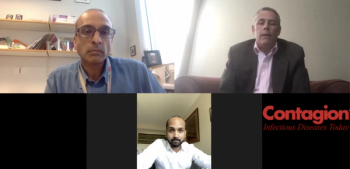
Two Boston physicians using Interleukin-6 inhibitors report a reduction in intubation and mortality rates.
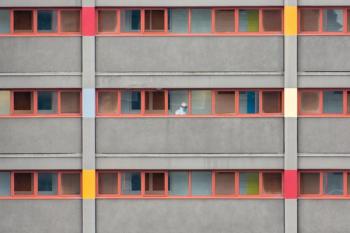
How can we bridge the divide between the public and public health? Raj Bhopal argues for a strong but supportive pandemic response.
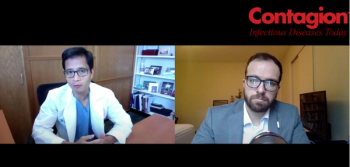
A breakdown of how COVID-19 infection was not managed well in hospitals and ICUs early on.
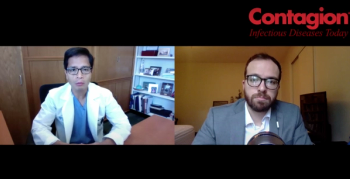
A Harvard professor and study author discusses new findings showing the heightened risk of healthcare worker infection.